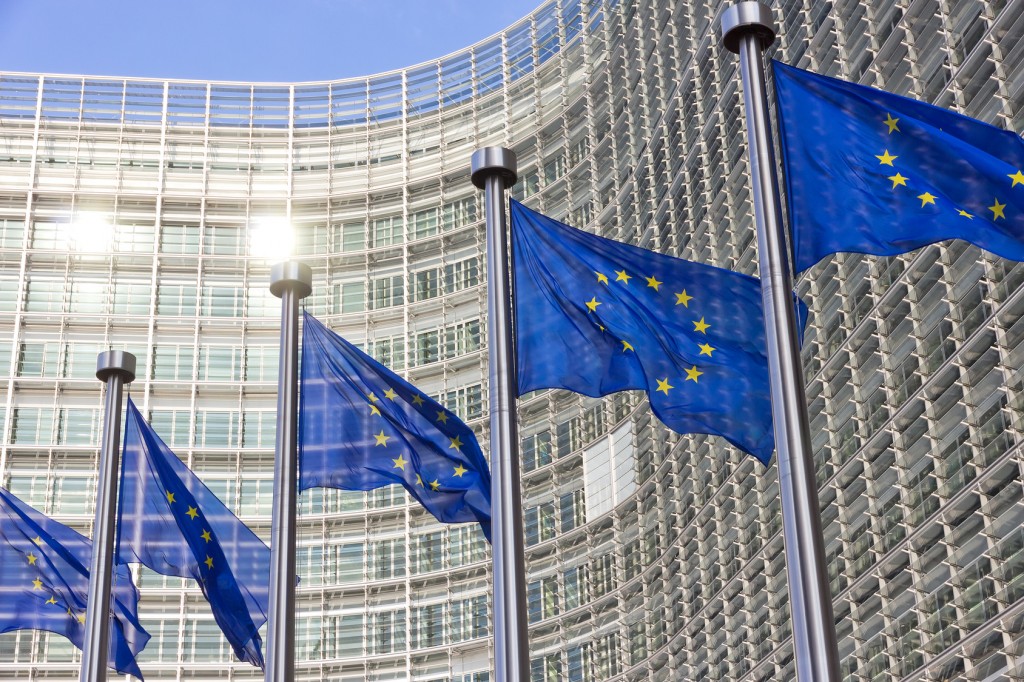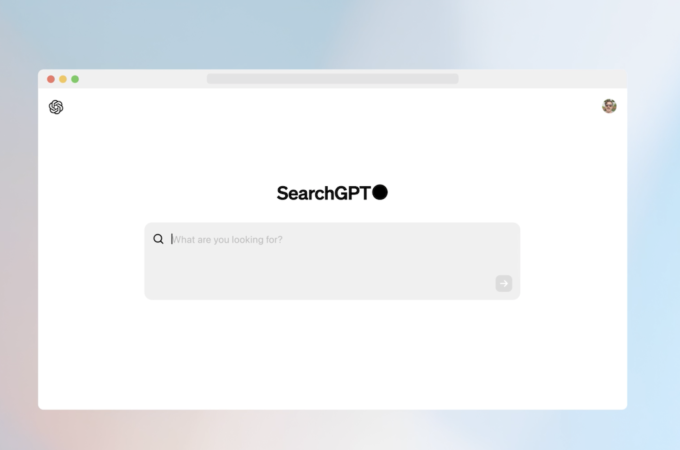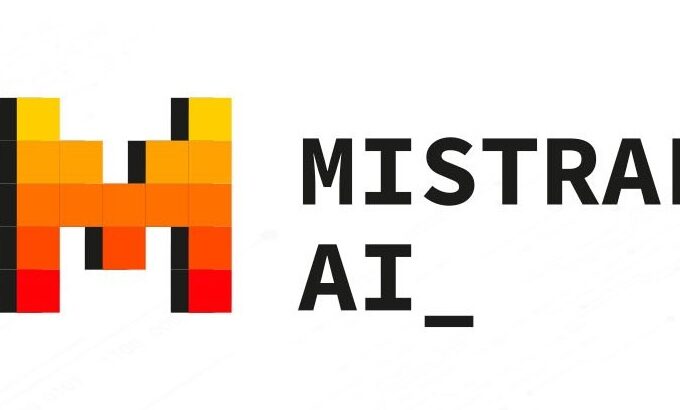
EU Breaks Ground with Historic AI Regulation Deal
European lawmakers have achieved a significant milestone by reaching a provisional agreement on the Artificial Intelligence Act, setting the stage for the world’s first comprehensive legislation on AI. The deal, which followed extensive negotiations, establishes a framework to ensure the responsible use of AI, balancing innovation with safeguards to protect fundamental rights, democracy, and environmental sustainability.
The agreement introduces a two-tier approach, encompassing transparency requirements for all general-purpose AI models and more robust measures for powerful models with systemic impacts. The Act specifically addresses the prohibition of high-risk AI applications that could threaten citizens’ rights and democratic principles. Banned applications include biometric categorization systems based on sensitive characteristics, untargeted scraping of facial images for recognition databases, emotion recognition in workplaces and educational institutions, and AI systems manipulating human behavior.
While acknowledging the potential benefits of AI, legislators have implemented safeguards, such as stringent restrictions on facial recognition technology, excluding defined law enforcement exceptions. The legislation categorizes AI into risk tiers, imposing clear obligations on high-risk systems, including mandatory fundamental rights impact assessments. Citizens are granted the right to launch complaints about high-risk AI systems affecting their rights.
In a bid to support innovation and SMEs, the agreement encourages the development of AI solutions through regulatory sandboxes and real-world testing. Non-compliance with the rules may result in fines, ranging from €7.5 million or 1.5% of turnover to €35 million or 7% of global turnover, dependent on the infringement and company size.
The deal emphasizes the importance of correct implementation, ensuring the European Parliament’s continued vigilance. Co-rapporteur Brando Benifei and Dragos Tudorache praised the resilience of the European Parliament, emphasizing the Act’s role in placing rights and freedoms at the forefront of AI development. The Act, once formally adopted by both Parliament and Council, will become EU law.
European Commissioner Thierry Breton lauded the historic agreement, positioning the EU as a pioneer in AI regulation. The AI Act aims to be a launchpad for EU startups and researchers, fostering a global leadership position in the AI race. The legislation will support businesses and developers in anticipating the new rules, with approximately 100 companies expressing interest in joining the voluntary AI Pact.
While the EU’s move towards comprehensive AI regulation marks a significant achievement, the legislation’s final details and enforcement mechanisms are yet to be fully revealed. The world will closely observe the implementation of these groundbreaking regulations, which could serve as a blueprint for other nations grappling with the challenges and opportunities presented by artificial intelligence.





